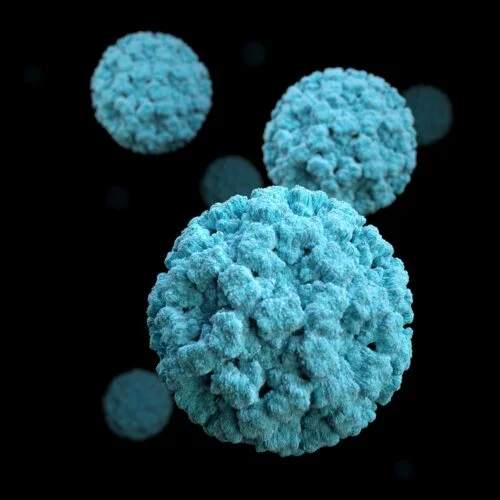Epidemiology and Infectious Diseases
The concentration in infectious disease epidemiology (often referred to as “ID Epi”) provides a rare opportunity for students to obtain rigorous training both in traditional methods for epidemiologic studies and in mathematical modeling and other approaches to studying transmission mechanisms.
Welcome

The appearance of new infectious diseases and resurgence of old ones, often in new and drug-resistant forms, brings renewed urgency to infectious disease epidemiology. Infectious disease epidemiologists—with cross-training in classical epidemiology, and approaches such as mathematical modeling, behavioral science, pathogen evolution, and genomics—are in increasing demand to respond to emerging threats and improve control of endemic diseases.
The Department of Epidemiology at Harvard Chan School is a leading center for infectious disease epidemiology, with active research programs on infections including, COVID-19, HIV/AIDS, malaria, tuberculosis, pneumococcal disease, and drug-resistant infections.
These research programs offer trainees the opportunity to apply mathematical modeling, population genomics, advanced causal inference, and other cutting-edge approaches, focusing on understanding the biology and transmission of infectious diseases, with the ultimate goal of applying these scientific findings to improve control and prevention. Our tools include classic epidemiologic methods, novel approaches to causal inference, transmission-dynamic modeling, mining of “big data” (e.g. cell phone call data records, pathogen genome sequences), network theory, pathogen population genetics, genomics and phylogenomics.
About the concentration
The concentration in infectious disease epidemiology (often referred to as “ID Epi”) provides a rare opportunity for students to obtain rigorous training both in traditional methods for epidemiologic studies and in mathematical modeling and other approaches to studying transmission mechanisms. Coursework bridging these areas is reinforced by ongoing collaborations within the department, and between epidemiologists and bench scientists who can measure parameters relevant to epidemiologic models.
The study of Infectious Disease Epidemiology can be pursued in two ways:
Degree “Area of Research”
Students in an SM or PhD program in Epidemiology can select Epidemiology of Infectious Diseases from one of the twelve Areas of Research Interest. Students must complete elective courses and conduct thesis or dissertation research in this area.
Students must be accepted into the Epidemiology program to study Infectious Disease Epidemiology as an Area of Research Interest.
Interdisciplinary Concentration
This concentration confers a certificate upon completion; it does not award a degree in the epidemiology of infectious diseases. The concentration in ID Epi is open to students from all departments.
Once admitted and matriculated to a Harvard Chan School degree program (PhD, SM, MPH), interested students must complete and submit the Concentration Plan form in their first term of participation. Students will then be expected to meet the requirements of the interdisciplinary concentration, as well as those of their departmental degree program. The requirements of the Interdisciplinary Concentration in ID Epi and the Concentration Plan form are located on the Interdisciplinary Concentration Courses page.
Graduating students must submit a final, revised concentration form with an unofficial transcript prior to graduation to Jeffrey Noyes in Kresge 901 for review and approval of concentration completion.
Contact Us
General inquiries about the Infectious Disease Epidemiology program should be directed to:
Admissions and Application Questions should be directed to:
The Harvard Epi Academic Team (HEAT) at heat@hsph.harvard.edu
